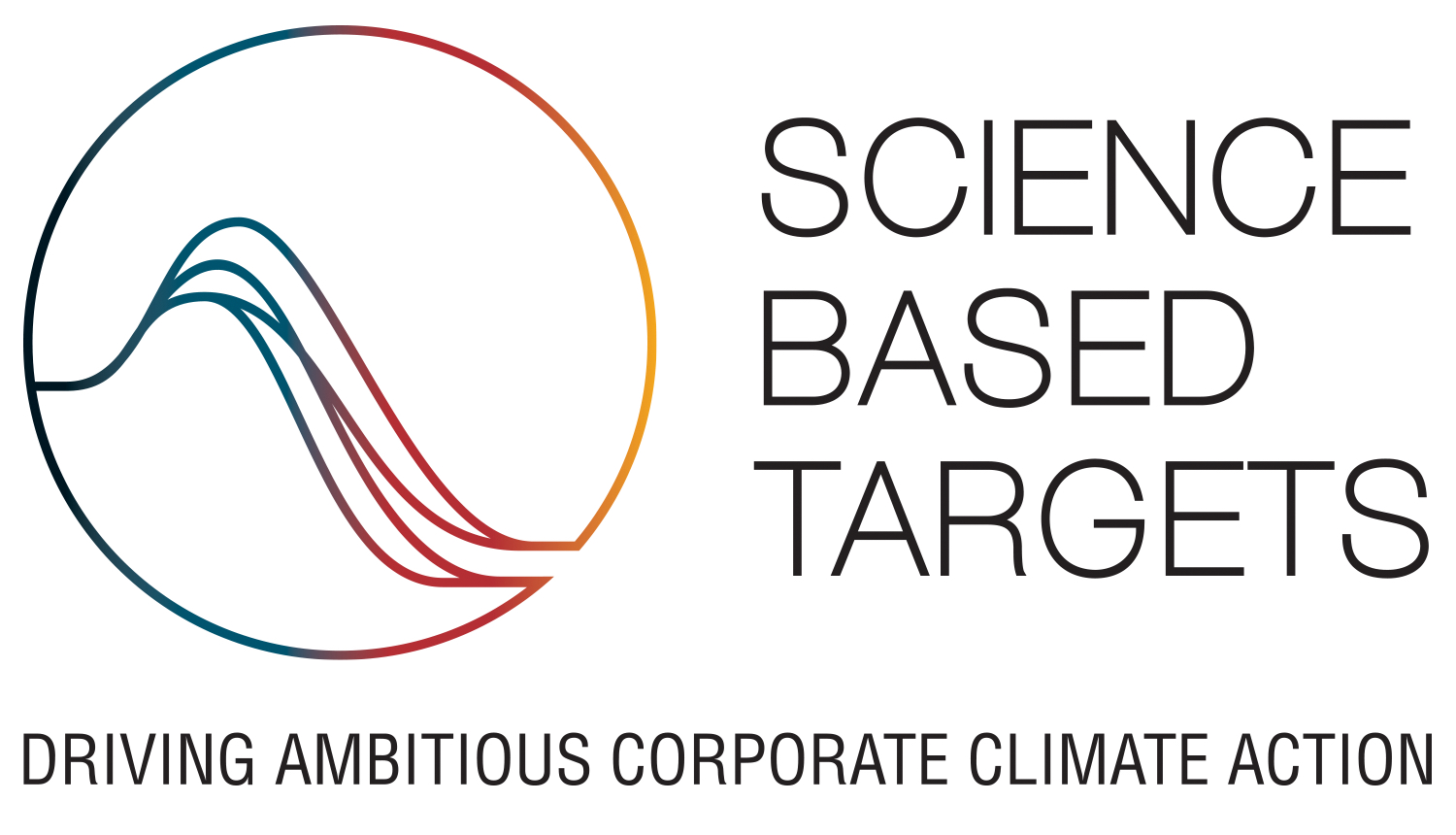The DIC Group’s Greenhouse Gas Emissions Reduction Targets
Receive Official Endorsement from the SBTi
- Sustainability
- News Release
Tokyo, Japan—DIC Corporation announced today that the DIC Group’s greenhouse gas emissions reduction targets have been officially endorsed by the Science Based Targets initiative (SBTi)* as being consistent with levels that climate science says are necessary to limit average global warming to well below 2°C above pre-industrial levels.
DIC Group Greenhouse Gas Emissions† Reduction Targets (Base Year: Fiscal Year 2019)
Scope 1 and 2: Reduce CO₂ emissions by 27.5% by fiscal year 2030.
Scope 3: Categories 2, 3, 4, 5 and 12: Reduce greenhouse gas emissions by 13.5% by fiscal year 2030; and
Category 1: Achieve engagement with suppliers accounting for 80% of procurement spending by fiscal year 2027.
Recognizing climate change as a critical social imperative, the DIC Group, including Sun Chemical Corporation, is working to lower emissions of CO₂ from its sites with the aim of achieving carbon neutrality. In fiscal year 2021, DIC established the Climate Change Subcommittee, which is responsible for discussing and debating responses to climate change–related issues, and which considers a variety of themes, including climate change targets and initiatives. DIC and DIC Group companies in Japan have established an Energy-Saving Promotion Committee at each site, which verifies the progress of initiatives, engages in discussions and conducts energy-saving patrols, while Group companies overseas carry out a wide range of independent measures that align with Group policies, creating a framework for implementing the Group CO₂ emissions reduction efforts outlined below.
Principal CO₂ Emissions Reduction Efforts
1. Undertake energy-saving initiatives Groupwide.
2. Promote digital transformation (DX) to optimize energy management for production and utility equipment.
3. Actively establish energy-efficient facilities, including cogeneration systems and net zero-energy buildings (ZEBs).‡
4. Employ energy from renewable sources—e.g., biomass boilers, wind power and solar power—at suitable sites.
5. Conduct energy-saving analyses and deploy energy-saving initiatives at DIC Group companies, including those overseas.
6. When installing or expanding facilities, purposefully select energy-efficient options and formulate related rules, including for investment in environmental value and the introduction of internal carbon pricing.§
The DIC Group is also working to curtail its Scope 3 emissions by, among others, accelerating supplier engagement, advancing the use of recycled and biomass raw materials, assisting customers to improve recycling rates and to decrease disposal of used products, and enhancing the efficiency of material recycling employing proprietary technologies.
Proud to have received endorsement from the SBTi, the DIC Group pledges to further step up efforts to realize a sustainable society, including by reinforcing Groupwide actions to achieve decarbonization, as well as to collaborate with business partners and local communities.
* The SBTi is a partnership that encourages companies to set science-based greenhouse gas emissions reduction targets that are in line with the goal of the Paris Agreement. It was established in 2015 by CDP (a global nonprofit that promotes environmental disclosure), the United Nations Global Compact (UNGC), World Resources Institute (WRI) and the World Wide Fund for Nature (WWF).
† Scope 1: Direct emissions from sources owned or controlled by a company
Scope 2: Indirect emissions from the consumption of purchased electric power and other energy
Scope 3: All indirect emissions other than those included in Scope 2.
‡ A ZEB is a building that achieves considerably reduced energy consumption through state-of-the-art construction employing sun shading, natural energy, better insulation and high-efficiency equipment, as well as by producing energy onsite using solar power generation, among others.
§ Introducing internal carbon pricing involves placing a monetary value on greenhouse gas emissions, which a company can then factor into its strategic planning and decision making.
- Ends -


